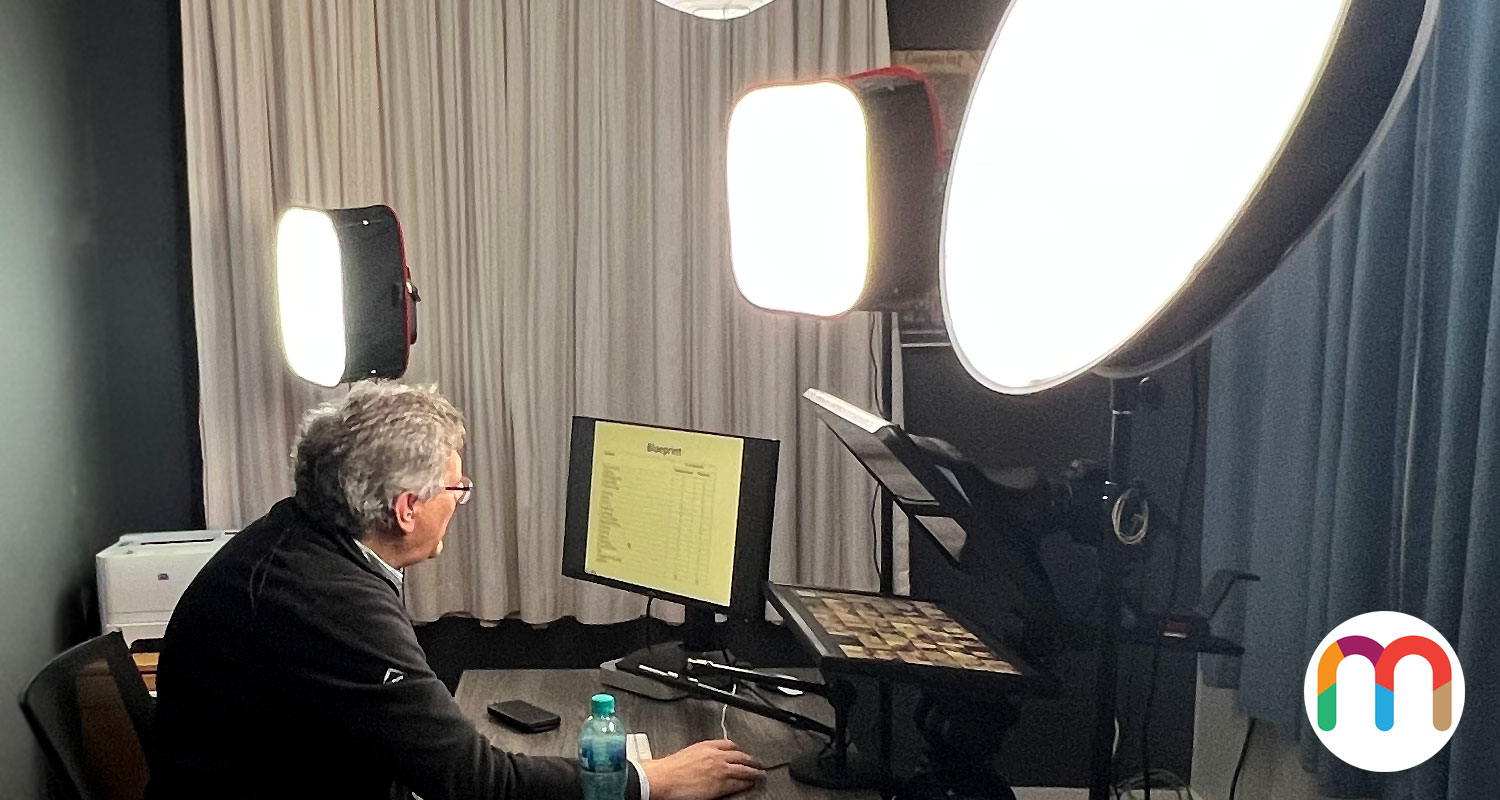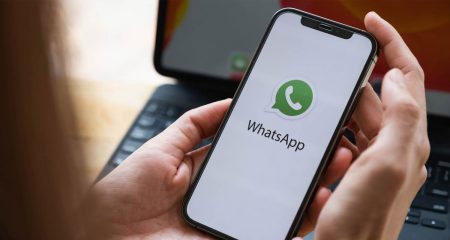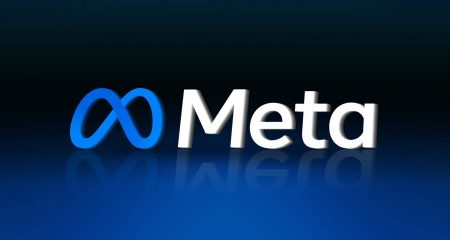
“If it is possible to hold this course in person, would you prefer to participate online or would you rather attend in person?” An astonishing 100% preferred online attendance when polled with this question at the third FCP Pt 1 Refresher Course held in January 2022.
Why would these doctors, who were taking their postgraduate specialty exam refresher course, prefer to attend online? How did this partnership between the department of medicine at the University of Cape Town and mobiLearn transition an established in-person programme of many years into a digital-first event?
UCT’s department of medicine conducts a four-day event at Groote Schuur hospital for doctors who wish to write their part one exam for the Fellowship of the College of Physicians (FCP). Before the pandemic, the programme was conducted in person.
Over four days, 18 specialists deliver their lecture for an hour each, armed with slide decks with no time left for discussion or questions from the floor. After four days, the attendees departed for home and within a short period sat for the examination.
Owing to the pandemic, our challenge was to conduct this in-person event online. How did we manage it and how did we achieve a 100% preference from attendees for future events to be conducted online?
Online events and presentations are notorious for promoting “Zoom fatigue”. It is our experience that asynchronous online events are a digital death trap, and it is also impossible to measure return on investment. Synchronous online events, where the presenter and their audience actively interact and engender conversations, deliver a superior learning experience.
Our approach to managing the online event was to decide on how to structure it, the technology tools to be deployed, and by promoting collaborative communications.
Structure of the programme
No lectures were delivered in the live four-day event. All 18 lectures were prerecorded into a professionally produced video, including animation of the slide decks. This recorded content had to be viewed before the live event and attendees also had access to the content up to the day after they wrote their exam.
Having worked through the recorded lectures, participants were encouraged to bring questions and discussion points to the live event.
Technology tools
The technical platforms for the course programme were Zoom, Discord, Monday.com and a learner management system, or LMS.
Zoom
All attendees had to sign Ts&Cs upon registration for the course. Some of these conditions included:
- They had to digitally identify themselves on all platforms with their real first and last names;
- They had to leave their video on at all times during the Zoom sessions;
- They had to remain unmuted in Zoom and raise their digital hand to speak; and
- They were required to attend a pre-event Zoom session on how to look good and how to sound good in a Zoom session.
LMS
All the content, including each lecture with the slide decks and white papers, was uploaded on the LMS, which also provided reports on access usage and completion of all the lectures.
Discord
This was our key communication platform, with channels for each specialty area – for example, cardiology or haematology. Communication happened among the participants, between the lecturers and participants, and programme administrators and participants.
Monday.com
This was our project management tool for registration, group mailing and recording of various milestones that had to achieved.
The live event
The live event itself was eight hours each day, running for four days. Despite being in a Zoom meeting for all four days, none of the participants expressed any Zoom fatigue. The interaction engendered by the live collaborative discussions was something to behold.
Interactive and participatory conversations were technically enhanced by the deployment of video switchers, utilising super sources that rendered the video output from two “ups” or up to four “ups”. The Zoom meeting was in 720p and the graphics for lower thirds or the slide decks were seen in HD resolution by all participants.
The combination of technology and programme structure enabled the delivery of a professional online event that avoided Zoom fatigue and promoted a highly interactive collaborative session between the lecturer and the participants.
It’s no wonder 100% of attendees chose an online programme above an in-person conference!
For more, visit mobilearn.africa. or connect on LinkedIn, Twitter, Instagram or Facebook.
About mobiLearn
MobiLearn produces content for impactful communications. As a production house, mobiLearn creates digital content and produces online events. Using our specialised skills, we create assets, including animation, podcasts, audio and video content. MobiLearn seamlessly manages live events, webinars and online workshops.
- The author, Dr Hasmukh Gajjar, is CEO of mobiLearn
- This promoted content was paid for by the party concerned




